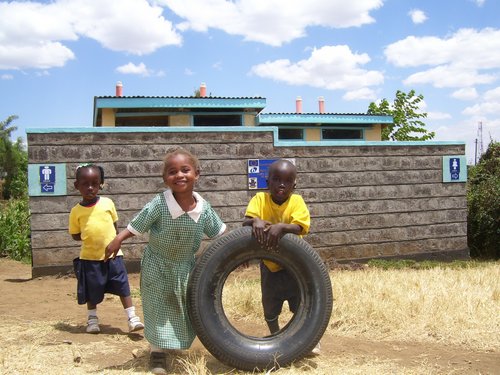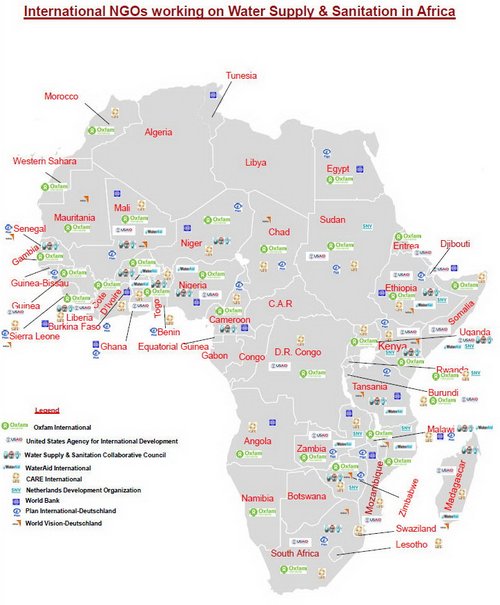The good part about running a blog instead of being a journalist is that you can write about stuff you really like and also insert your own opinion as well as asking your readers for their comments. This obviously happens outside the conventional (dev aid) world with its often streamlined, corporate communication policies which sometimes avoid mentioning open issues like the following initiative which I read about today in the recommendable EcoSanRes mailing list.
If you’re interested in sustainable sanitation issues, make sure not to miss out this valuable exchange on first hand experiences with participants from all over the world. Yes, it’s just an old-fashioned mailing list that will sometimes clog up your inbox, but it’s the tool people use to communicate (hello 2010, hello RSS feeds, hello blogs, hello Facebook, hello Twitter, hello LinkedIn/Xing…). Continue reading “Who Gives A Crap”

 In a collaborative process within the Sustainable Sanitation Alliance
In a collaborative process within the Sustainable Sanitation Alliance 
 Speaking about sanitation, most people probably just think of toilets and how to improve on that. And while we rather think about the involved process engineering (aka the technical side) associated with this daily business, the toilet, it’s availability and cleanliness is what is seen by the majority.
Speaking about sanitation, most people probably just think of toilets and how to improve on that. And while we rather think about the involved process engineering (aka the technical side) associated with this daily business, the toilet, it’s availability and cleanliness is what is seen by the majority.